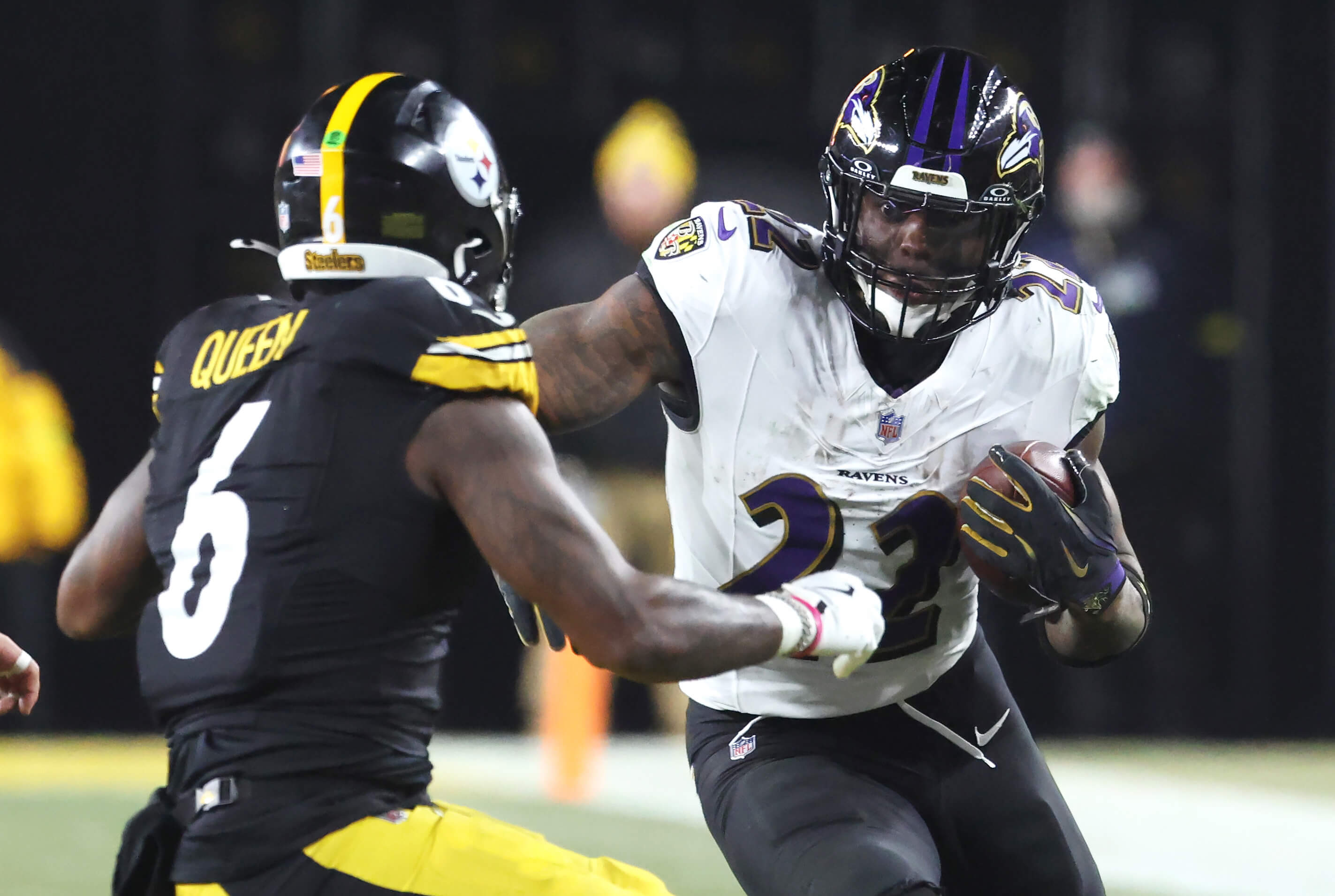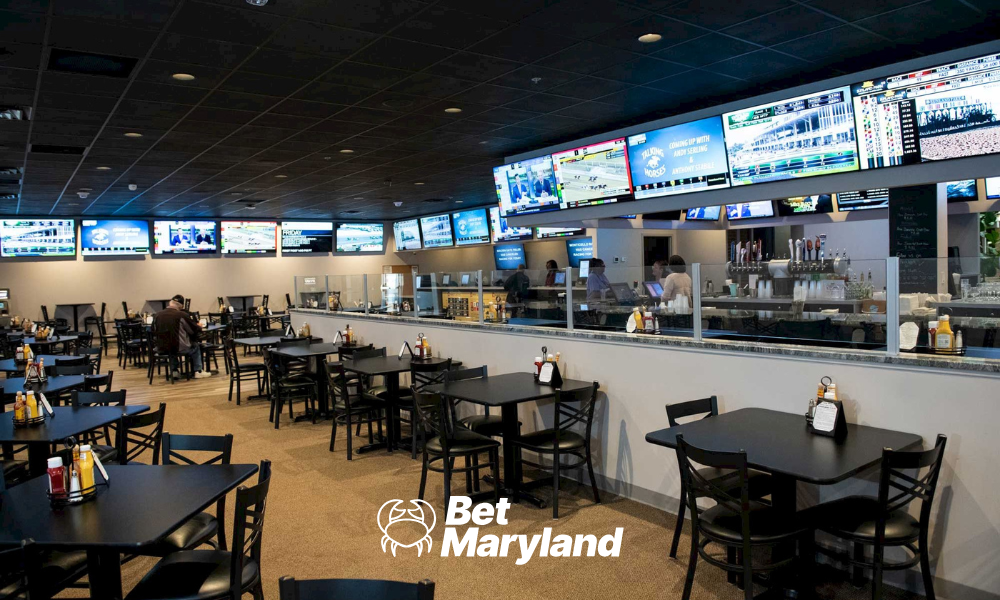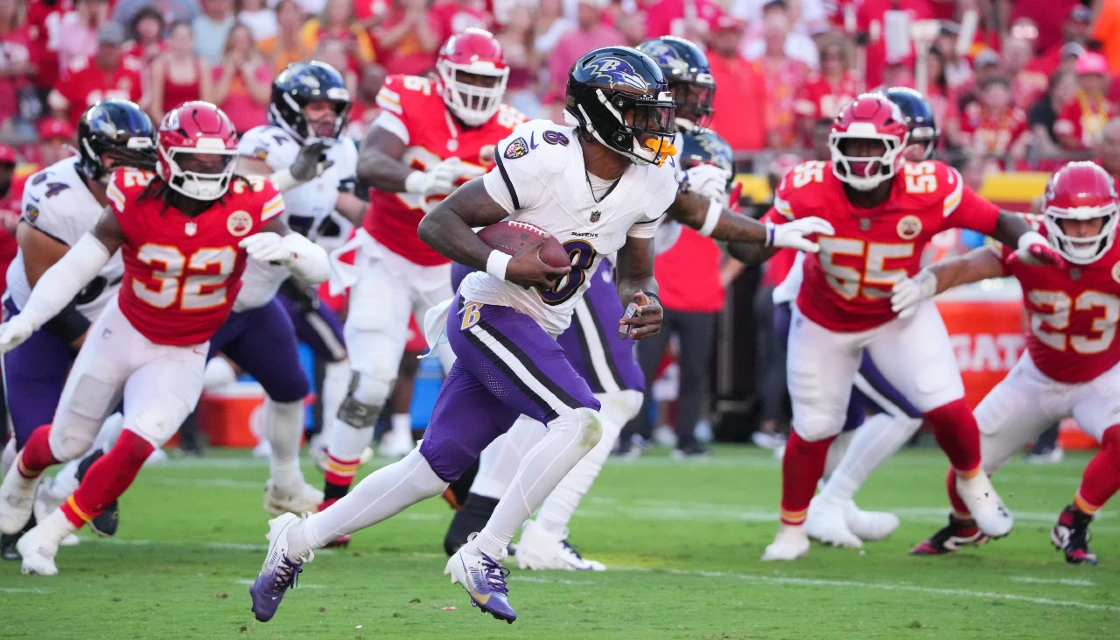LOUISVILLE, Kentucky – Few stories, if any, have been bigger for the gaming industry this year than Kalshi’s decision to start offering contracts on sporting events. Some see the federally regulated online exchange as a disruptor seeking to innovate the market. However, others view the company as spurning federal law by offering sports betting products in states where it is not licensed, as well as in states that have yet to legalize sports betting.
Nevada and New Jersey have already tried to stop Kalshi, only to have federal judges in both states rule – at least initially – in the exchange’s favor. Now, though, those who oppose Kalshi’s efforts see hope in a Maryland federal court, the latest jurisdiction where state officials and other interested parties have submitted their arguments against Kalshi’s operations. The Old Line State launched a legal, regulated market for Maryland sports betting in late 2021, with online operators going live in November 2022.
Kalshi has operated for a few years as an online market regulated by the U.S. Commodity Futures Trading Commission. Initially, it offered contracts on events such as movie ratings, weather events and the economy. Last year, it won the right in federal court to establish markets on elections in the weeks prior to the November general election. Those markets attracted hundreds of millions of dollars in trades.
This year, Kalshi started offering contracts based on sporting events. These contracts, currently available in all 50 states, have been met with criticism from gaming regulators and operators who claim the exchange is trying to circumvent existing state laws to offer their products, such as Maryland sportsbook apps.
Kalshi began issuing those contracts, such as ones on the Super Bowl, after self-certifying them on Jan. 22, 2025. That was two days after President Trump’s inauguration for his second term. Earlier in the same month, Kalshi announced Donald Trump Jr., the president’s son, would serve as an advisor to the exchange.
Opposing Lawyers Argue At Conference
The Maryland case was discussed extensively last week during a panel at the National Conference of Legislators from Gaming States' summer conference in Louisville, with a lawyer representing Kalshi and another representing a California-based tribal nation debating the subject.
“We see this as a profound affront to tribal sovereignty,” said Michael Hoenig, vice president and associate general counsel of gaming for Yuhaaviatam of San Manuel Nation. “The Indian Gaming Regulatory Act, which is also a federal law, controls gaming activity that occurs on Indian lands. Per the Indian Gaming Regulatory Act, tribes have jurisdiction to determine who gets to operate gaming activity on their lands. They get to control that. They get to decide whether it happens at all.”
The San Manuel Nation is one of more than 30 tribal nations and tribal gaming organizations that signed on to an amicus brief submitted last month in the Maryland federal court. In that venue, Kalshi seeks another injunction against the state from prohibiting bettors from buying Kalshi's sports-based exchange contracts in the Old Line State.
In its arguments for being able to offer such contracts, Kalshi has stated that it could not meet some of the “numerous conditions on licensure” in Maryland. That would include a regulation that all “sports wagers are initiated, received and completed within” Maryland.
“If this applied to Kalshi, it would require trades exclusively between Maryland residents – a result that would be anathema to a nationwide exchange and clearly run afoul of the CFTC’s impartial access requirement,” Kalshi’s lawyers wrote in their June 25 supplemental response for a preliminary injunction.
Are Contracts Against The 'Public Interest'?
Another point of contention between the sides has been what powers the Commodity Exchange Act gives the commission regarding exchanges. Hoenig told the audience at NCLGS that the act covers seven categories of contracts that should not be allowed because they go against the public interest.
Those categories, he pointed out, include assassinations, wars and gaming.
“The fact of the matter is that after the CEA was passed and included that language, the CFTC adopted regulations that specifically said Congress has given us the authority of the CEA to go ahead and make a determination whether a contract is against the public interest,” Hoenig said. “If it's in one of these categories, in this regulation, we are making the determination that this list of seven things are not permissible. They are violating the public interest. We're not going to allow them.”
However, Joshua Sterling, a former CFTC director of market participants in President Trump’s first term and a lawyer representing Kalshi in the federal court cases, said that the law covers only five categories, which he did not specify.
Regardless, he added that the commission cannot take on powers that weren’t specifically handed down by Congress, and Congress did not give it the ability to decide if markets fell against the public interest.
“At no point does any rule of the statute say those things are illegal,” Sterling said. “It says they are subject to review as to whether they’re in the public interest by the government, and then, and only then, are they illegal.”
Where Things Stand In Maryland, Elsewhere
There is no set timeframe for when U.S. District Judge Adam Abelson will make his ruling on the Kalshi case in Maryland. Odds are, no matter what Abelson rules, the case will be appealed, just like the cases in Nevada and New Jersey.
The decision on whether Kalshi and other federally regulated market operators can offer contracts on sporting events will likely come before the U.S. Supreme Court. When that decision could be made, and whether the Trump Administration would still be in power, also remains to be seen.
The biggest difference between Kalshi and Maryland sports betting operators, such as Maryland Fanatics Sportsbook, is that Kalshi works as an exchange. Sports betting operators will set odds on markets, and the bettor gets the odds as they were at the time they place the bet.
An exchange allows bettors to have greater control over the market. Bettors can set their own prices for contracts, and Kalshi’s contracts vary in price from a penny to 99 cents, with winning contracts paying out at $1. If the bettor’s price is accepted, they own the contracts and can hold them until the event ends. In addition, bettors can also set limits to sell their contracts at certain prices that would either guarantee a profit or reduce the amount of their losses.
Follow BetMaryland.com for the best Maryland sportsbook promo codes plus more industry coverage.
USA Today photo by Dwight A. Weingarten







